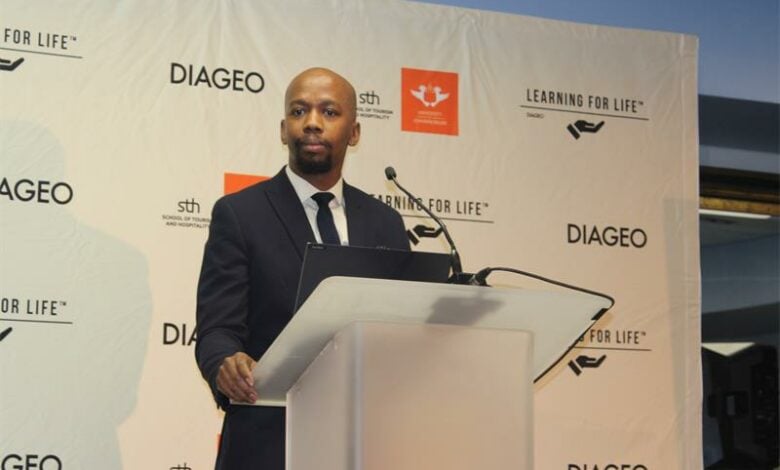Get rid of job-killing policies and laws by removing regulatory roadblocks, overhauling race-based empowerment schemes, and creating an enabling environment for investment, entrepreneurship, and job creation.
These recommendations were made to stimulate employment for the youth by Hannah Lidgett, MPL and DA KZN spokesperson on Economic Development, Tourism, and Environmental Affairs (EDTEA) on Thursday at the KZN Legislature.
Lidgett, in her motion to the legislation, stated that millions of young people are jobless, and in the second quarter of 2025, South Africa’s youth unemployment rate is 46.1%.
She said that the economy is not absorbing young people anywhere near the pace required.
Lidgett said that many leave school without strong foundations in literacy, numeracy, and digital skills.
She said that the Presidential Youth Employment Initiative (PYEI) has connected large numbers of young people to short-term opportunities, particularly within education.
She considered the PYEI-Youth Employment Service (YES) initiative as a strong private-sector participation.
“The Democratic Alliance (DA) has engaged with several people who have witnessed how exceptional the YES Programme is in providing an environment for skilling and mentorship. While the scale of YES is still too small, relying on voluntary corporate uptake, one way to encourage uptake is to provide incentives to companies through tax incentives,” she said.
Lidgett said that the KZN Youth Empowerment Fund has been beleaguered by accusations of political interference and the unfair allocation of grants.
“The premier has rightfully placed the disbursement on hold and announced that all previous funding applications will be re-evaluated by a newly appointed, independent team.
She highlighted six key interventions that could significantly boost South Africa’s economy and create employment:
- Get rid of job-killing policies.
- Fix South Africa’s energy crisis.
- Turn around our failing railways, ports, and digital infrastructure to restore South Africa’s position as a competitive, connected, and modern economy.
- Refocus public expenditure on productive investments.
- Turn collapsing municipalities into functioning centres of service delivery by stabilising.
- Crack down on organised crime and corruption.
Thami Ntuli, the premier of KZN, presented a brief update on the province's implementation of the PYEI and supporting resources on Thursday.
Ntuli touched on the strategic programmes the Office of the Premier (OTP) initiated or supported to address youth employment since taking office, and how this aligns with the national PYEI.
Ntuli said the OTP developed a roadmap following the pillars derived from National Policy 2030, which are:
- economic transformation and participation.
- economic skills and second chances.
- health care and combating substance abuse.
- social cohesion and nation building.
“All our departments craft their annual plans in line with these pillars. We monitor these and report back every quarter to ensure that the goals are fully implemented,” he said.
Ntuli added that in July 2024, the OTP held the KZN Youth Development Summit for the purpose of crafting new strategies and pursuing the youth development agenda, placing young people at the centre.
“We continue to support youth, enabling them to enter the formal economy and to help create jobs for other young people. As a flagship to empower young entrepreneurs, the youth fund forms part of the provincial government's broader strategy to create an enabling policy and operating policy for youth development and economic empowerment,” Ntuli explained.
“Through the fund, youth-owned enterprises will foster innovation and sustainable empowerment opportunities within KZN. In the last financial year, the fund supported 77 beneficiaries across all 11 districts. This included 17 entrepreneurs,” he added.
Ntuli said the OTP formed a partnership with merSETA encompassing manufacturing, engineering, and related services to address youth inequality through skills development. He said the five-year project, which started in 2021, was an estimated R154 million.
Ntuli said this covered areas of eThekwini, Pietermaritzburg, Richards Bay, and included the surrounding rural communities and townships.
“There is also a skills fund of R21 million to train 892 learners,” Ntuli said.
zainul.dawood@inl.co.za



